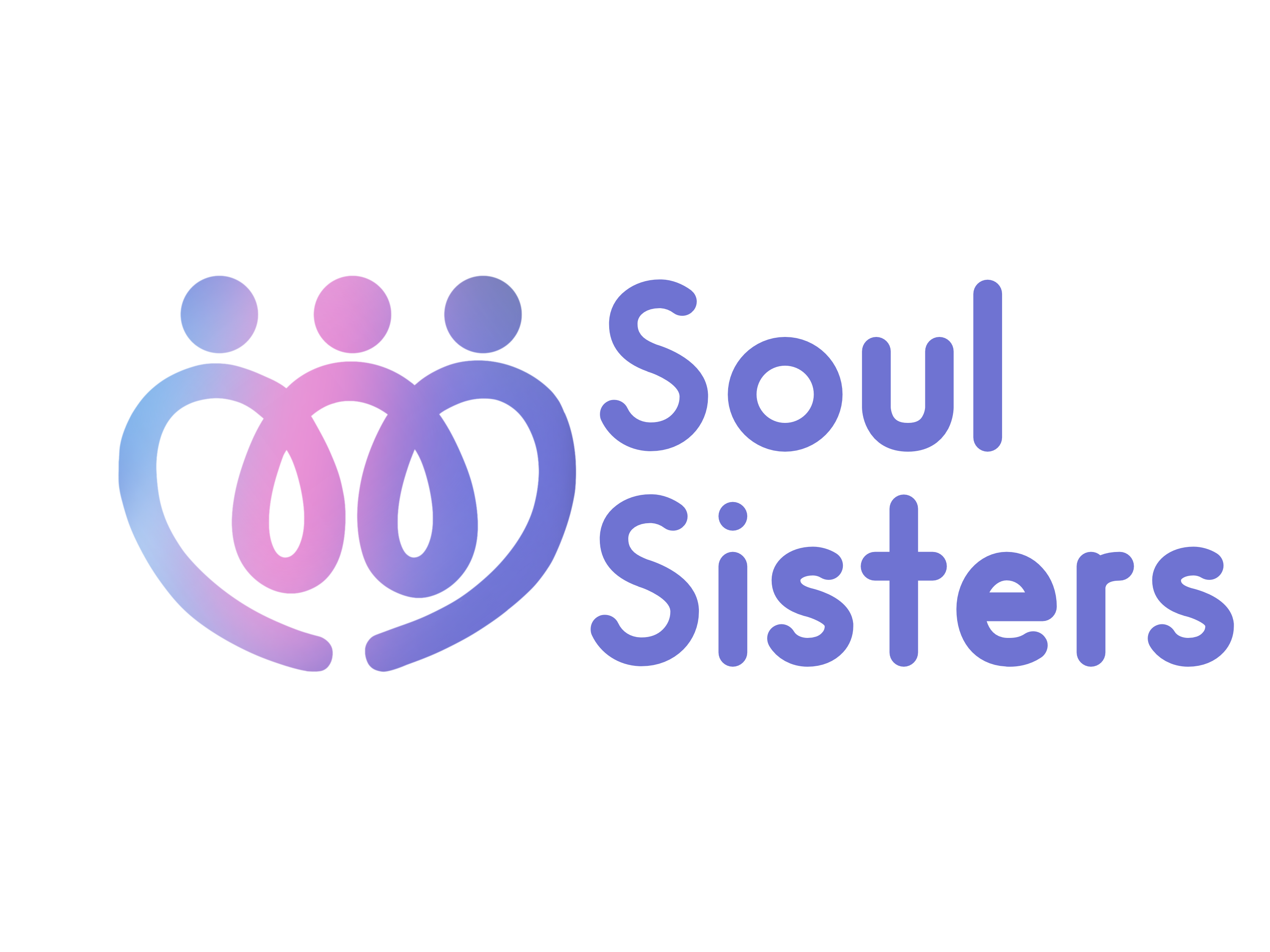
- If you are in an emergency situation, please ring: 999
- If you believe you are being abused, you can ring the Refuge’s 24-hour National Domestic Abuse Helpline: 0808 2000 247
- If you want to speak to other people in the same situation join our peer to peer support group Soul Sisters: Empowering People.
https://www.facebook.com/groups/soulsistersuk
You may be wondering if you are being abused, there are many different types of domestic abuse, they aren’t always physically violent.
Domestic abuse isn’t always from a partner, it can be from a mother, father, brother, sister, cousin, grandparent, co-worker etc.
There isn’t one set type of abuser and abuse, there’s a multitude and sometimes it’s hard to spot if you’re being abused till you do some research.
Domestic abuse can include, but is not limited to:
Physical or Sexual Abuse
Financial or Economic Abuse
This includes a perpetrator using or mistreating money which restricts and controls their partner’s freedom and future actions.
Women’s Aid describe economic abuse as: ‘restricting access to essential resources such as food, clothing or transport, and denying the means to improve a person’s economic status (for example, through employment, education or training).’ Women’s Aid 2020.
Psychological and/ or Emotional Abuse
Emotional and psychological abuse is often part of other kinds of abuse, so this can be hard to notice or tell the difference, although it can also occur on its own.
Emotional and physical abuse can include, but is not limited to:
- Being humiliated or constantly criticised
- Being threatened
- Being blamed and used as a scapegoat
- Not being allowed to have friends or a social life
- Being manipulated
- Emotional neglect
Harassment and Stalking
Stalking is a pattern of constant unwanted attention that makes you feel scared, harassed and anxious. It’s important to understand that stalking is a criminal offence, if you believe you are being stalked you can go to the police and they will take this seriously.
Signs of stalking include, but are not limited to:
- Being followed around
- Being sent unwanted gifts, messages and letters
- Being called often
- Having your property damaged
- Being threatened or having your family or pets threatened with violence
- Someone showing up unwanted at work, school, your house etc.
Coercive Control
Coercive control is controlling behaviours designed to make a person dependent on the perpetrator by isolating and exploiting the person and depriving them of their independence.
Signs of coercive control include, but are not limited to:
- Being isolated from your family and friends
- Having your basic needs such as food taken off you
- Being monitored via social media
- Having your everyday life being controlled – who you can see, what you can wear, when you can sleep etc.
- Being deprived of support services
- Being threatened or intimidated
- Being humiliated, constantly put down or degraded
Digital Abuse
Perpetrators can often use social media and digital technology to abuse a person. Any abuse received digitally can be saved and used against the perpetrator as evidence of the abuse.
Signs of digital abuse include, but are not limited to:
- Having your social media, texts and emails monitored
- Being sent abusive and threatening messages
- Having your intimate images being abused – revenge porn
Some useful links to find out more information on abuse:
https://www.riseuk.org.uk/get-help/about-domestic-abuse/what-is-domestic-abuse
https://www.nspcc.org.uk/what-is-child-abuse/types-of-abuse/emotional-abuse/
https://www.nationaldahelpline.org.uk
Staying safe while looking for resources
Top tips for staying safe from your abuser if you live in close proximity with them while you’re looking for resources on domestic abuse.
- Clear recent history after searching for help
- Have a separate tab open that you can quickly jump on to if they come into the room, we recommend the google home page or an online newspaper
- Search in a safe place
Deleting internet history:
If you are on this website on a device that your abuser may find and don’t want them to see that you are on the road to getting help you should delete your internet history.
You can do this by going to the history tab of your search engine, depending on the search engine the process can be different but if you click ‘show all history’ or ‘view history’, it will take you to a list of your browsing history. Once you are there click ‘clear browsing data’ or ‘clear browsing history’ depending on your search engine.
You could clear all data from the past hour rather than all data all together to make it look less suspicious.
Written by Lucy Fieldhouse
